Professor Nathan Lauster says Vancouver’s China-money fears mirror Nazism. He just made millions selling home to China-money lobbyists
- UBC academic Nathan Lauster says the role of Chinese money is exaggerated and a ‘moral panic’, testifying in lawsuit aiming to axe Vancouver’s foreign buyer tax
- But at the same time, he was selling his home for C$3million (US$2.3 million), more than double its valuation, to two of the city’s top China-money lobbyists
It’s usually a gambit of last resort. But Nathan Lauster – a professor in sociology at the University of British Columbia – went there with little prodding.
Focusing on the role of foreign money in Vancouver’s unaffordable real estate market “mirrors how you move from ‘socialism’ to ‘national socialism’”, he said on Twitter in November.
Lauster is no anonymous troll.
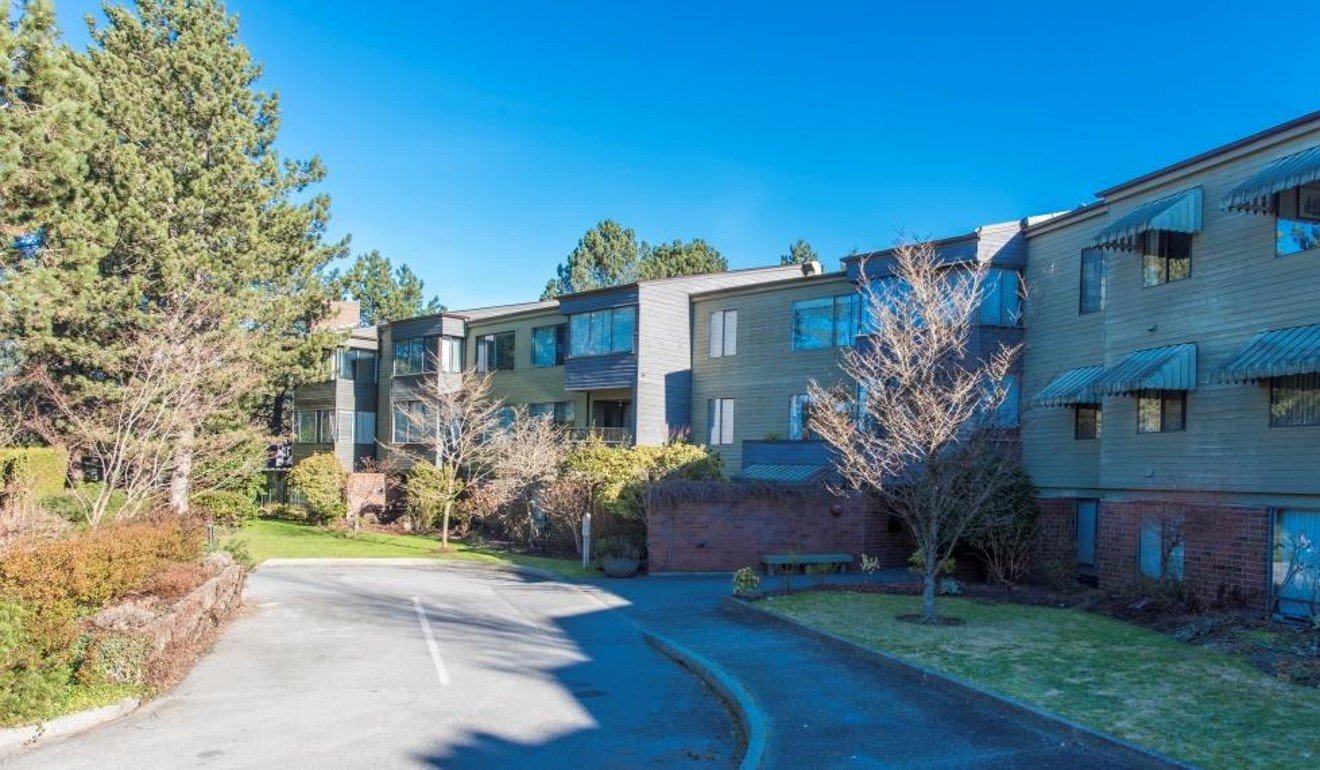
The author of the 2016 book The Death and Life of the Single-Family House, he has been an influential and dismissive voice when it comes to the role of Chinese money in Vancouver’s real estate unaffordability crisis.
Instead of the “exaggerated” role of Chinese investors, Lauster believes Vancouver should be worrying about single family homes, which he calls “invasive parasites”. It’s a well-liked position by the development industry and supply-side circles.
Lauster has pressed his case widely in social and mainstream media – and in the court battle against Vancouver’s 20 per cent foreign buyer tax.
Canadian immigration fraud saw hundreds of rich Chinese blacklisted, a scandal decades in the making
Lauster was asked to provide expert testimony by Chinese homebuyer Jing Li in her high-profile case against the BC government that seeks to have the tax deemed illegal. It is a wildly popular tax – backed by 81 per cent of BC residents in a 2018 poll. Support among residents of Asian ethnicity is even stronger than among whites, according to a previous survey.
Lauster volunteered to the court in a March 29, 2018, affidavit that “concerns over foreign buyers have taken on the characteristics of a moral panic”.
“This is not to say there aren’t investors living overseas and bidding up local properties in Metro Vancouver, but rather that their impact on the market overall has likely been exaggerated through the stylised and stereotyped social construction of the ‘foreign buyer’ problem, especially as it’s been identified as a particularly Chinese problem,” he said.
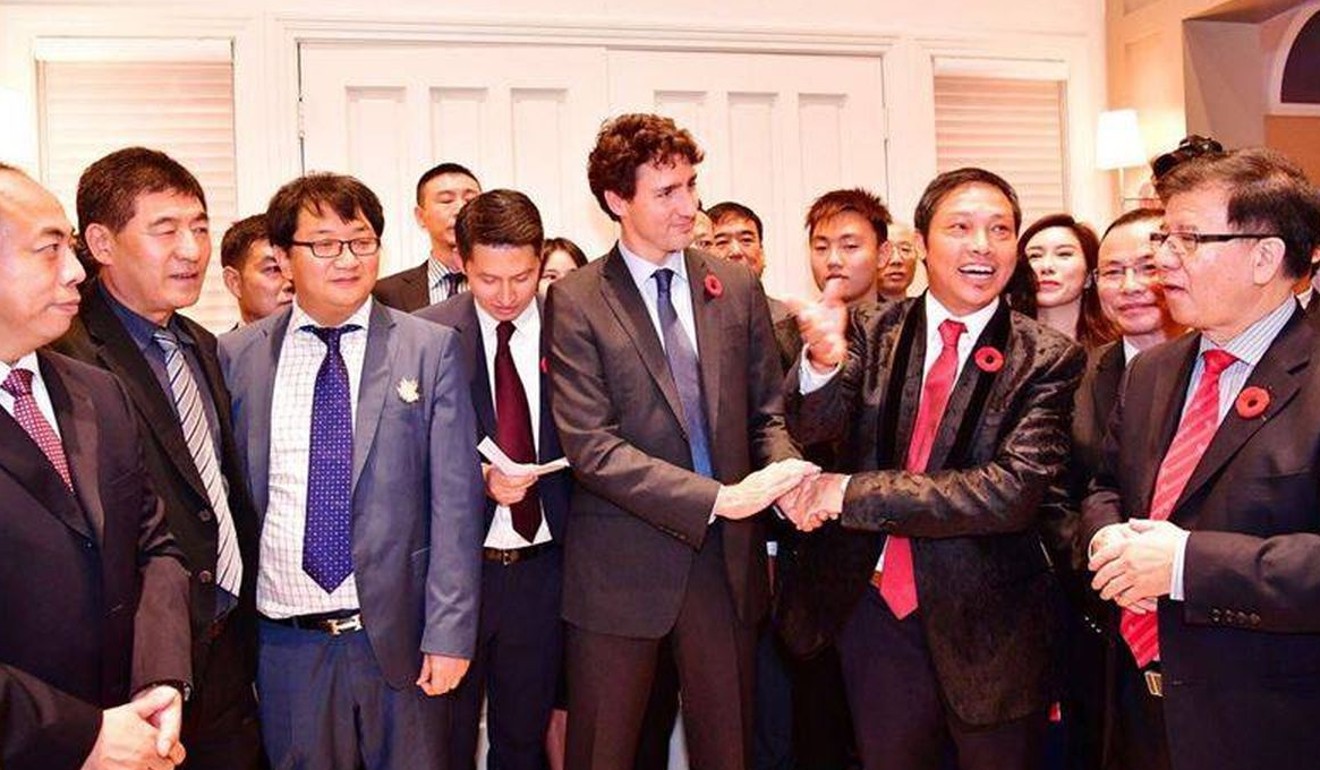
“As a result, changes in policy (ie: the Foreign Buyer Tax) have imposed real hardships on individuals … and have inflamed long-standing prejudices against (and within) the Chinese-Canadian community.”
What Lauster did not say in his affidavit was that at the time he was in the process of selling his Vancouver home for millions of dollars, at a price more than double its valuation, to two of the city’s most prominent China-money lobbyists, Pan Miaofei and Chen Yongtao.
A C$3.09 million windfall
This is not to say that Lauster’s views should be disqualified as insincere, or that he, Pan, or Chen, behaved improperly in the sale.
But it is one thing to publicly rubbish a phenomenon – and quite another to do so while privately pocketing millions of dollars as a result of that same phenomenon, courtesy of two of its most enthusiastic facilitators.
The potential conflict of interest is clear – even though Lauster says he had no idea Pan or Chen were the buyers of his home.
Their connection came to light in other court and company documents. Lauster was listed in a November 20, 2017, BC Supreme Court petition seeking to wind up Strata Plan VR 120, a block of 76 dated-looking units occupying a prime 1.7 hectare site in Arbutus Ridge.
Then valued at C$77million (US$58 million), the site was being purchased by a numbered company, 1131384 BC Ltd, for a whopping C$160 million (US$121 million).
Canada border agency tried to hide Chinese mega-fraud files from taxman
Lauster’s home on the site was worth C$1.53 million (US$1.15 million), but his divvy from the sale was C$3.09million (US$2.33 million), according to the petition. The sale was completed and the strata wound up on September 11, 2018.
A company search reveals the directors of 1131384 BC Ltd to be Pan and Chen, as well as “Yang Song” whose name is the same as one of Chen’s top executives at his Anhui Jiaqiao Investment Group (a fourth director is also named, but could not be otherwise identified).
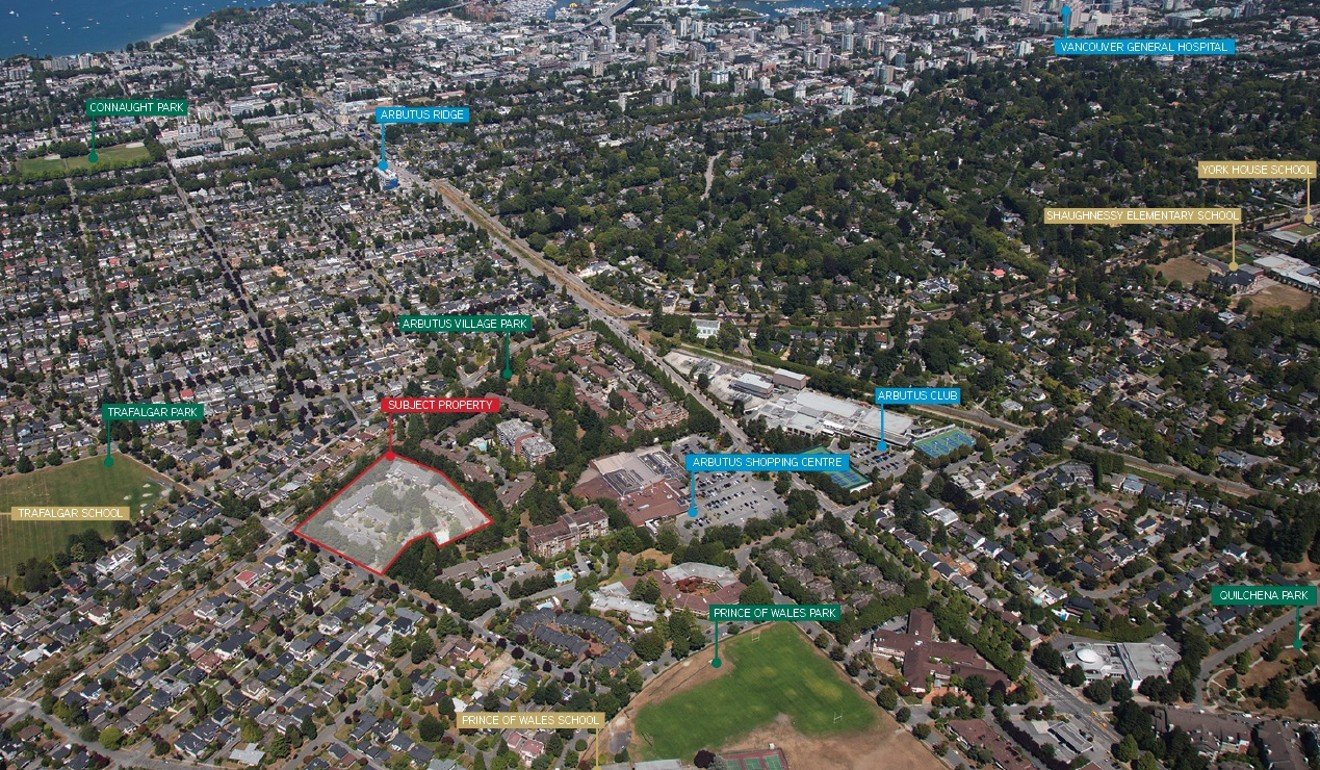
Pan is familiar to Vancouverites, having been involved in a series of headline-making incidents. In November 2016, he hosted Justin Trudeau in a so-called “cash for access” fundraiser at Pan’s Vancouver mansion, sparking a furore that put the freshman Canadian prime minister through the wringer.
According to a subsequent interview with the Globe and Mail , Pan asked the PM at the 80-person dinner to make it easier for Chinese property developers to buy land in Canada.
Chinese birth tourism row: Canada hospital sues mother of million-dollar baby
A former chairman of the Canadian Alliance of Chinese Associations, which says it represents more than 100 mainland Chinese associations in Canada, Pan also told Trudeau that wealthy immigrant investors from China should be treated better, the Globe reported.
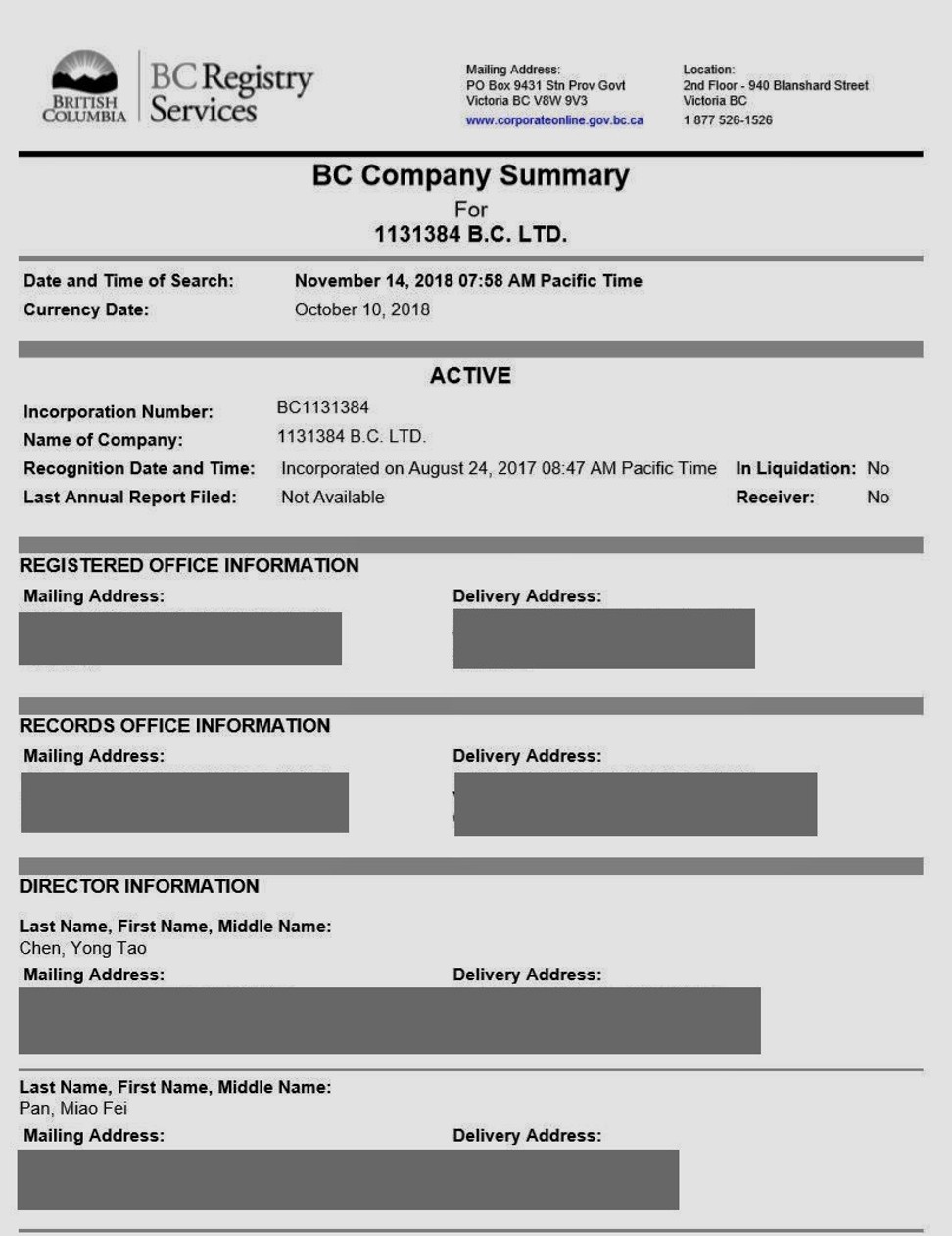
Meanwhile, Pan is also the owner of a Vancouver mansion which suffered heavy damage in an unexplained 2017 fire. The City of Vancouver is suing Pan to repair the historic 1914 home, which was protected from redevelopment by a heritage designation.
And on November 30, 2018, Pan was in the news again with a defamation lawsuitagainst prominent blogger and former columnist Gao Bing Chen. Despite awarding Pan victory, Madam Justice Neena Sharma awarded him a token C$1 in damages.
She said she had “grave concerns” about Pan’s credibility, and refused to accept that tax returns provided by his accountant were “true copies of what was filed with the CRA”.
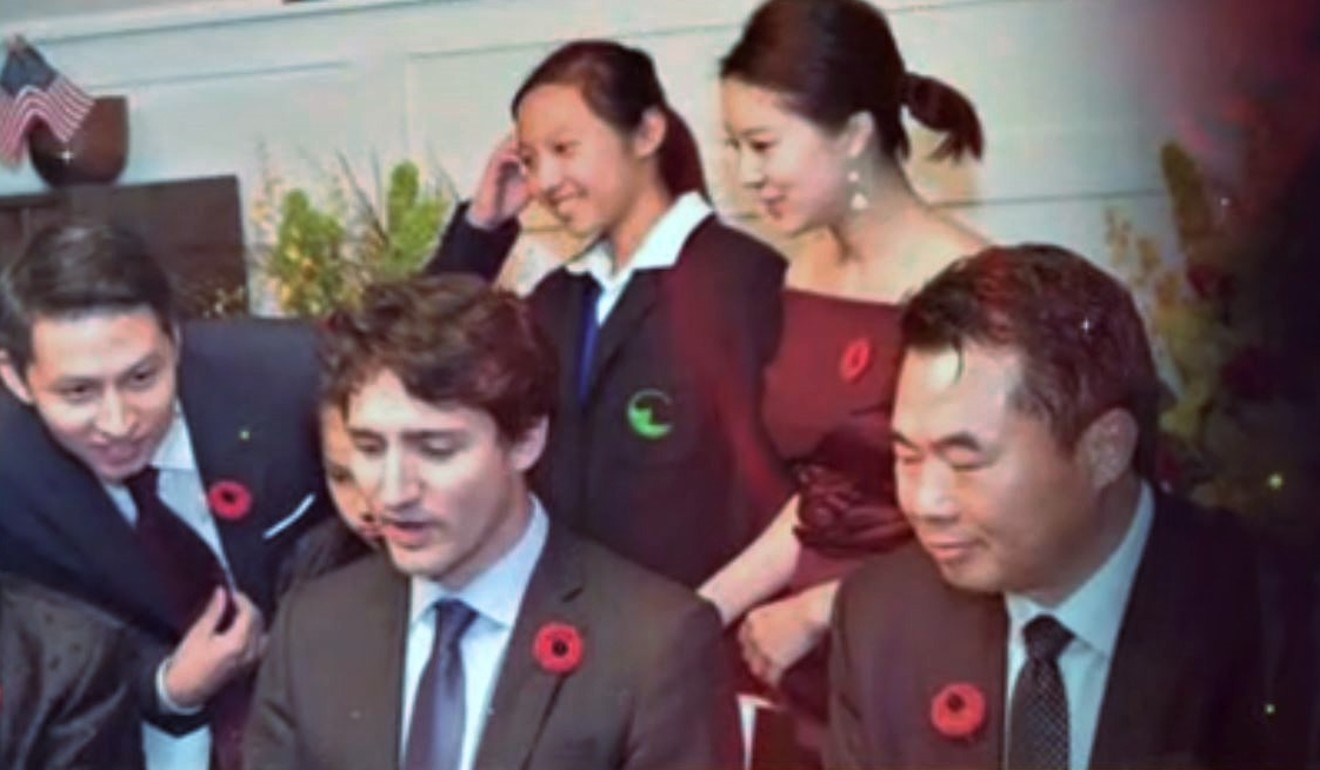
Pan’s activities extend beyond Canada – in his lawsuit, Pan said he attended the Chinese People’s Political Consultative Conference in 2018 as a Chinese overseas consultant. It was the fifth year he had done so.
Chen is less well known outside Chinese-language circles in Vancouver, but he is also a big player in the China-Canada investment scene. At the 2016 dinner with Trudeau, Chen sat next to the prime minister on his left, with host Pan on Trudeau’s right, a photo of the event shows.
How bad luck and cruel geometry killed Alfred Wong, 15, amid Vancouver gang war
Chen also attended the swearing-in of BC Premier John Horgan last July, according to a guest list describing him as honorary chairperson of the Canadian Alliance of Chinese Associations.
He’s also lifetime Honorary President of the Canadian Association of Anhui Provinces, Honorary President of the Third Council of Anhui Overseas Exchange Association, and first honorary president of the Anhui Overseas Chinese Merchants Federation, according to his extensive profile on Baidu Baike, China’s version of Wikipedia.
His profile describes him leading various delegations in China to promote investment in Canada, with his activities also documented in a video hagiography showing him with various politicians including Trudeau and former Vancouver mayor Gregor Robertson.
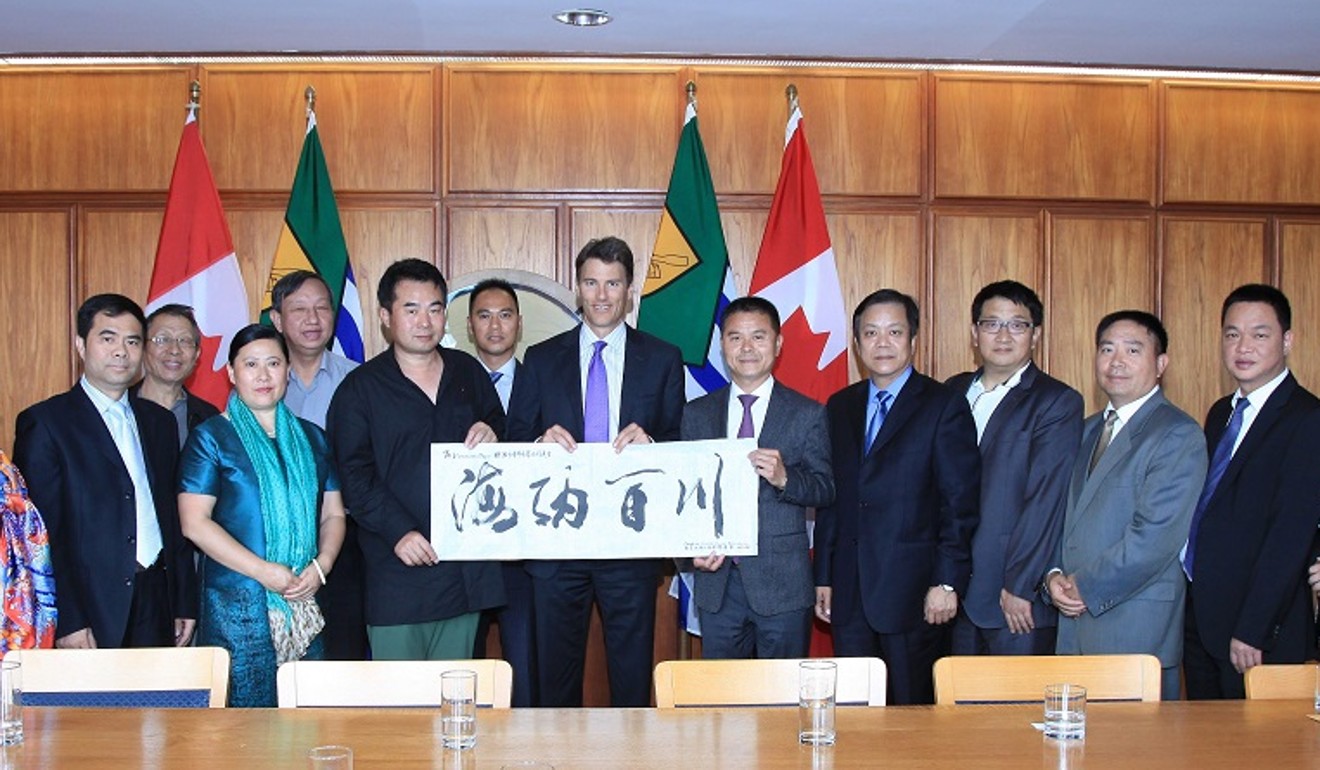
Are Pan and Chen using “foreign money” to buy the Arbutus Ridge site and Lauster’s home? Neither responded to requests for an interview, and neither the financing of the deal nor their intentions for the site have been made public.
But there seems little doubt their fortunes are thoroughly Chinese: Madam Justice Sharma inferred in her ruling in the Pan/Gao case that the “very wealthy” Pan declared so little income in Canada as to be eligible for child tax benefits.
Chen’s business activities, meanwhile, are firmly rooted in China. His Anhui Jiaqiao Investment Group says it originated in Canada, but its projects are listed mainly as a series of enormous multi-billion-yuan property projects in his native Anhui, ranging in size up to 16 million square feet.
Chinese money and ‘national socialist’ logic
In an email interview, Lauster said he had no idea Chen and Pan were behind his multimillion-dollar windfall. There’s no particular reason to doubt him. On his blog. he accused the SCMP of “muckraking” by asking him about the sale.
“We knew very little about who made the offer, but the realtors told us it was a new developer with interests both in Canada and China,” he said in the interview.
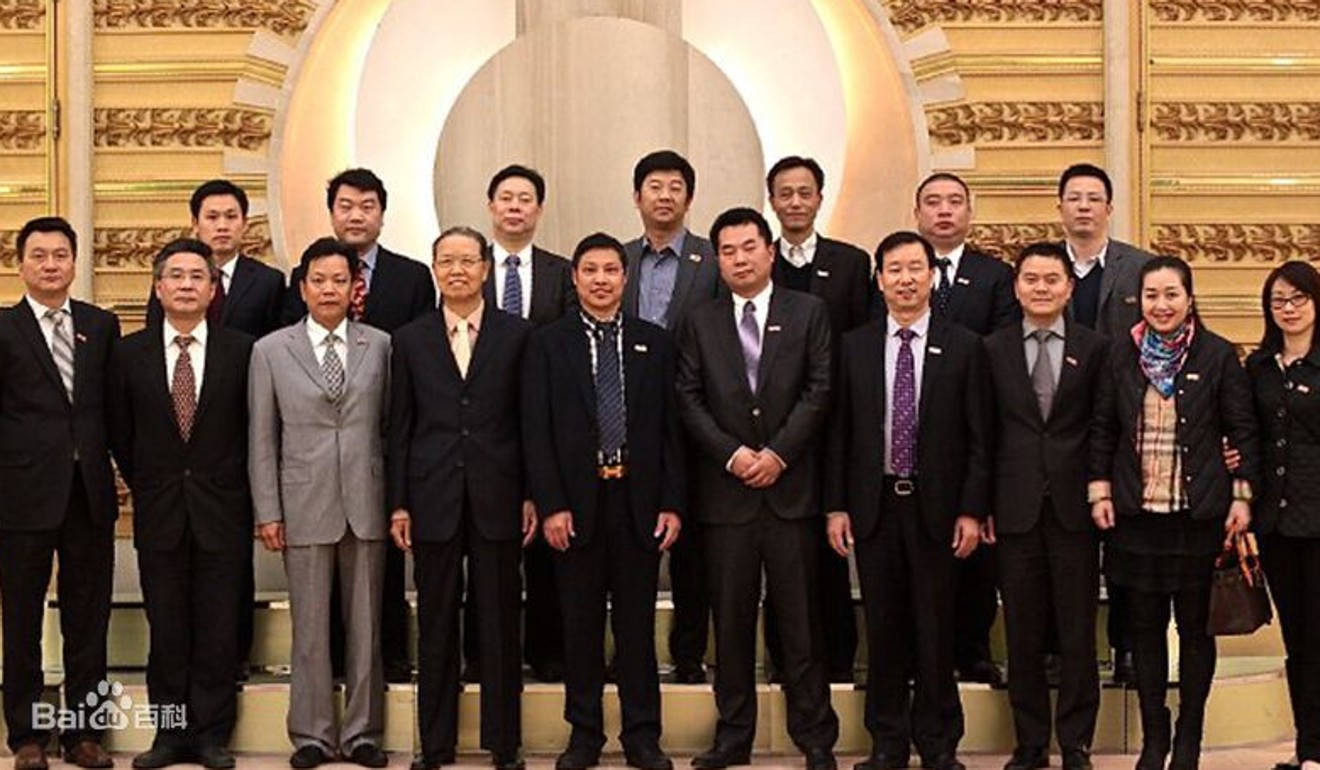
Lauster didn’t say how he voted when the sale was put to strata members, although he said he and his partner were “conflicted”. But “in the end our vote didn’t matter” – because the ballot easily met the approval threshold, Lauster reasoned.
It did not otherwise affect my public commentary and I did not know who the beneficial buyers were
“Overall, the strata wind-up and sale is something that happened to us, rather than something that we actively sought,” he said, adding “I learned lots from it, but it did not otherwise affect my public commentary and I did not know who the beneficial buyers were until you sent me their names.”
Asked about the continuum of racism in BC, Lauster said “it would be naive to suggest anti-Chinese sentiment no longer plays a role in driving policy”.
“Foreign money”, he said, was “a problematic and sloppy concept, especially as applied to the wealth immigrants bring with them”.
“I think immigrants play a strong role in driving Vancouver real estate … But when people immigrate to Canada, I no longer think of their wealth as ‘foreign’.”
As for his observation about “national socialism” (ie: Nazism), “it was a sincere observation, but couched as a worry rather than an accusation”.
Rich migrants are exiting Canada but leaving families behind
“National socialist logics veer far to the right by twisting concerns about inequality to focus on particular groups of people, demonising them as enemies of the nation and identifying their wealth or perceived power alone as the problem …
“It isn’t hard to find far-right, pro-fascist organisations cheering on discourse about ‘Chinese buyers’ and ‘Chinese money’ being to blame for Vancouver housing woes.”
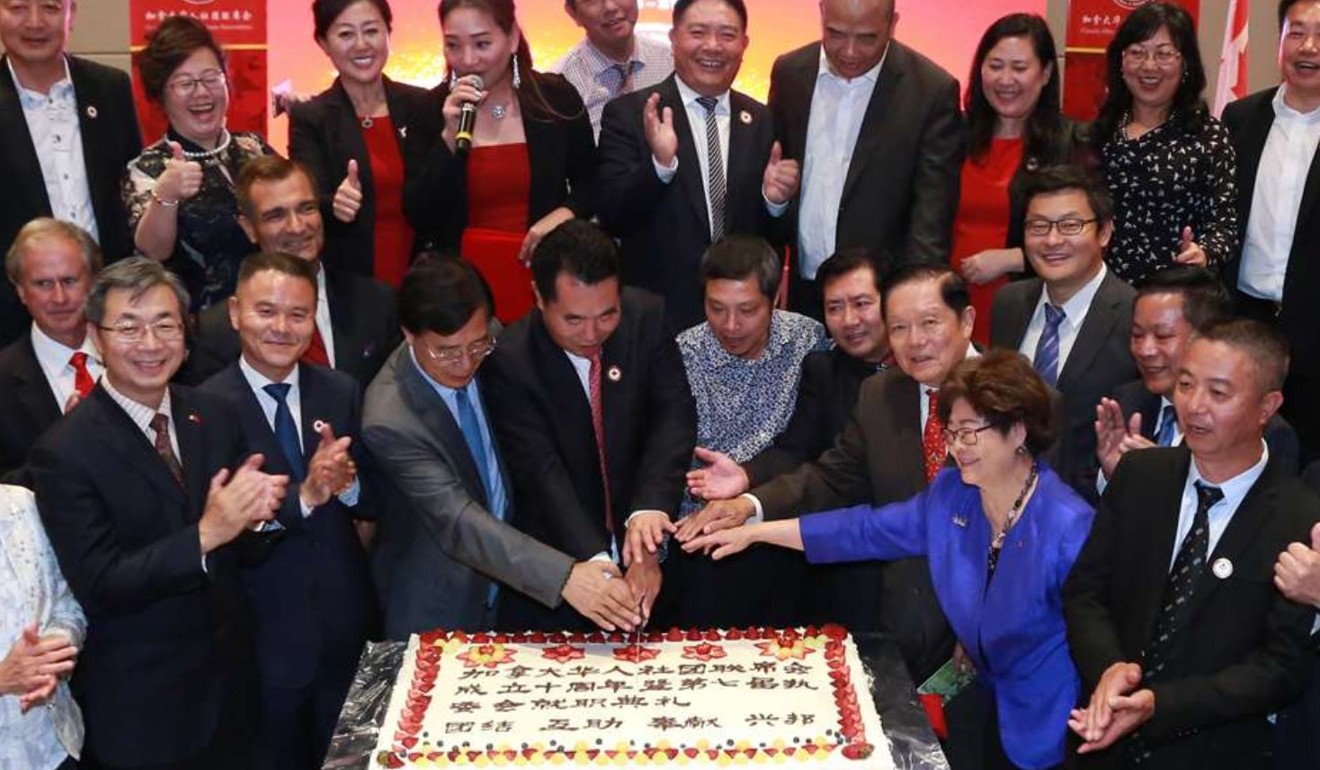
He continued: “[Blaming] foreigners isn’t helpful and the distinction between foreigners and foreign money isn’t very clearly drawn, just as blaming Chinese people isn’t helpful and the distinction between Chinese people and Chinese money is fuzzy at best.
“Racism certainly plays a part in the popularity of ‘foreign money’ discourse, and Vancouver has a long and troubled history there.”
Hong Kong immigrants frequently expressed “anti-Mainlander prejudice”, he said, seeing “both Hong Kong and now Vancouver as threatened by Mainland China”.
Racism certainly plays a part in the popularity of ‘foreign money’ discourse, and Vancouver has a long and troubled history there
“I don’t think the term ‘racism’ captures all of these logics or motivations, but it’s part of a somewhat toxic brew that in Vancouver is often targeted at Mainland China and Mainland Chinese.”
In taking on the role of public intellectual, and would-be influencer of policy, Lauster is perfectly entitled to build a platform on such positions. But when his private fortune is built on a process he diminishes in that self-appointed role, well, that’s problematic, and worth noting.
This is not to say that the process is corrupt, or that Lauster’s public positions are determined by his private benefit. It bears repeating – there is no evidence Lauster knew Pan and Chen were his home’s buyers, and no evidence Pan or Chen gave Lauster any more consideration than the other 75 owners of VR120.
Yet Lauster’s situation demonstrates how public rhetoric can contrast wildly with personal reality – and provides a lesson about the reach of Chinese money for those who still reckon its role to be exaggerated in Vancouver.
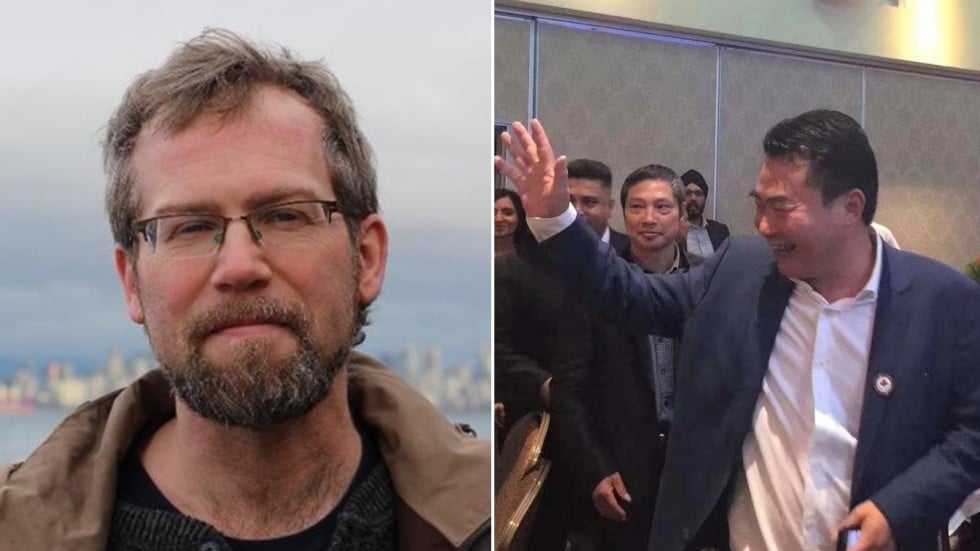


No comments:
Post a Comment
Comments always welcome!